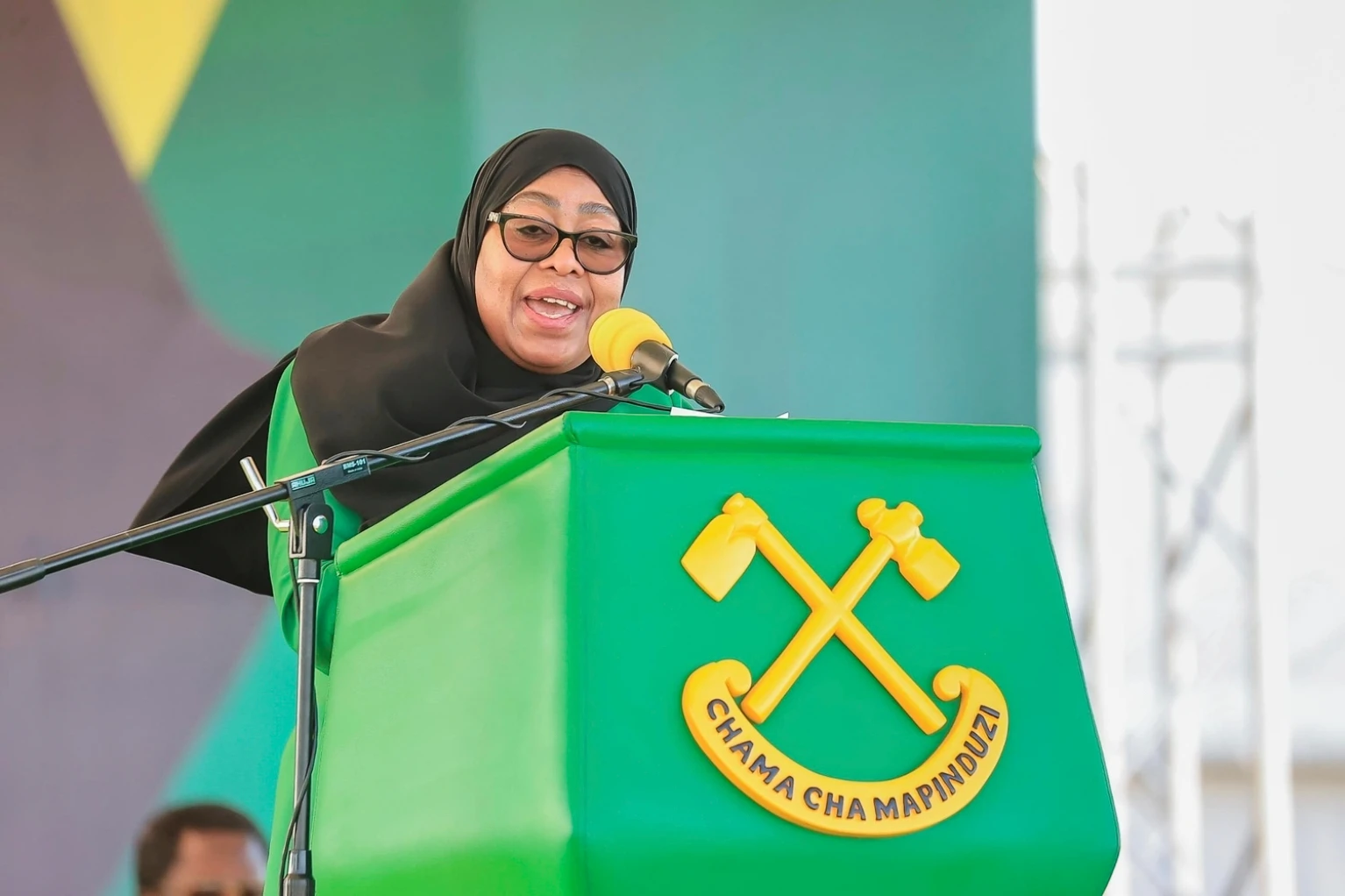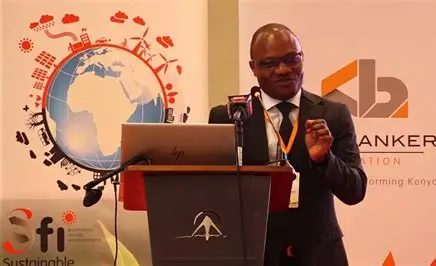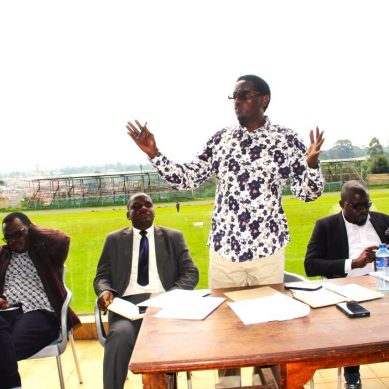Sixty-five year old former Rwandan doctor to spend rest of his life in prison for 1994 genocide
Three decades after the genocide, several witnesses travelled to Paris for the four-week trial and gave graphic descriptions of the killings in the Butare region where Rwamucyo was at the time.
Supreme Court overturns ruling of lower court that voided 2023 finance law, gives Kenya government tax nod
The finance bills form the main vehicle for the government to set out revenue-raising measures, and Ruto’s administration has been relying on the 2023 finance law to continue collecting taxes after the rollback of this year’s legislation.
After Uganda doused its education with politics, it rendered knowledge industry sterile to steer the country
Educational reforms in Uganda since 1986, that culminated in the introduction of Universal Primary Education (UPE) in 1996, attempted to reestablish centralised control of education and, by implication, reverse the trend toward the unregulated involvement in education of both of parents and non-state institutions (Nansozi Muwanga, 2000).
After Trump painted Congolese immigrants as past imprisoned criminals, refugees in Kenya and Uganda awaiting resettlement in US are scared
It has taken President Joe Biden’s administration nearly four years to ramp the refugee programme back up as the deep cuts during Trump’s time in office meant resettlement organisations had to reduce staff and dismantle infrastructure that took time to rebuild.
Ugandans are losing sense of belonging, it’s now incumbent upon Museveni and henchmen to formulate policies that restore self-esteem
Uganda President Yoweri Museveni. We have recently seen dysconnectivity when people are displaced and dispossessed by people from elsewhere of by government in grand land grabbing schemes in Uganda.
Smell the coffee: Corrupt Museveni killed the goose that lays the golden egg, now Uganda is struggling to export its crop
There was renewed attempt to revamp the coffee industry during Milton Obote II but rebel activities of mainly the National Resistance Army of the then Yoweri Museveni (now Yoweri Tibuhaburwa Museveni) sabotaged the industry, ransacking and robbing coffee factories and associated cooperative unions and associations of coffee stock and money to fund its insurgency. Some combatants became very rich while still in the bush between 1981-1986.
Fear is an integral segment of Ugandan politics, which Museveni recharges to hold onto power
Politics of fear is rooted in political fear as distinct from other human and societal fears. Political fear is here used to imply apprehension about political threats to one’s political power, political pursuits, and political advantages, which is then generalised to include larger groups and/or publics. It is the worry that afflicts individuals and groups who are involved in power struggles, that is, politicians (viz election candidates, rebels, incumbents) and political structures (say cabinets and executives, politburos, militaries, or political parties).
Former commander of Lord’s Resistance Army rebels sentenced to 40 years in prison by Ugandan court
A former commander of the Lord’s Resistance Army rebels was sentenced by a court in Uganda on Friday to 40 years in prison for brutal crimes committed by the group during its insurgency that started in the 1980s. Thomas Kwoyelo – a former child soldier who later became a rebel...
Kenyan court suspends $736m Adani electricity deal it calls ‘a constitutional sham tainted with secrecy
The Adani Group, founded by Indian billionaire Gautam Adani, sparked anger in Kenya recently for another proposed public-private partnership project to lease the country’s main airport for 30 years in exchange for expanding it.
Changing Somalia calls for a rethink of the humanitarian system to tap into merging opportunities
The humanitarian-development-peace nexus – the aid sector’s framework to join short-term emergency aid with longer-term support – garners widespread attention. But true integrated practice has been slow to evolve in Somalia. Civil society actors – both international and national – often adopt the language of conflict sensitivity and “do no harm”, yet more critical structural dynamics remain ill-addressed.
















